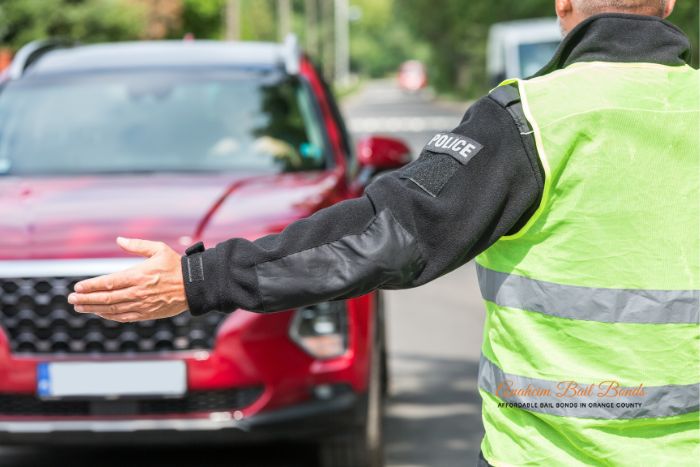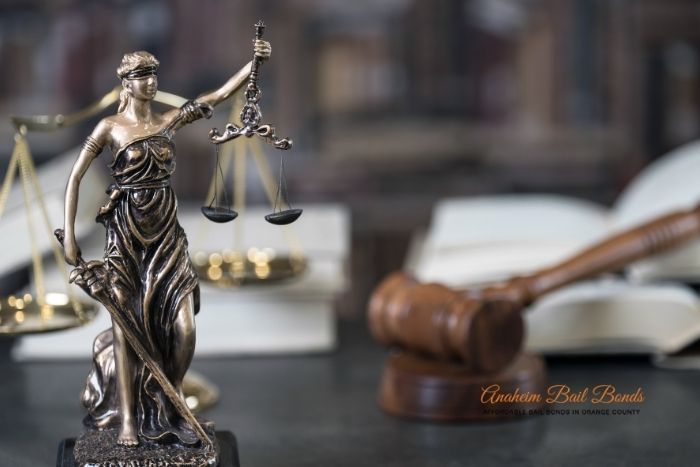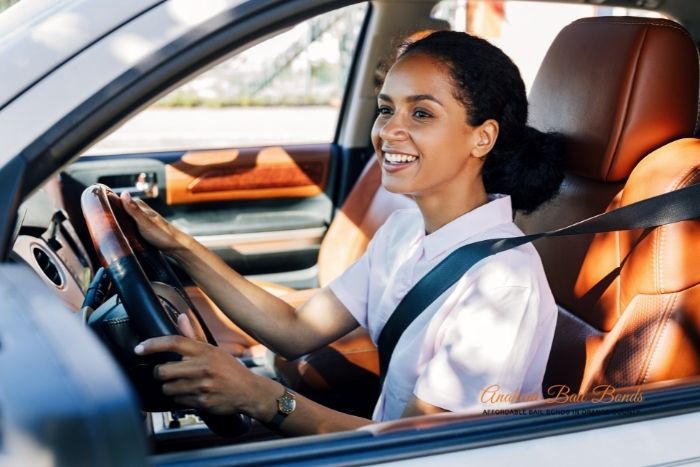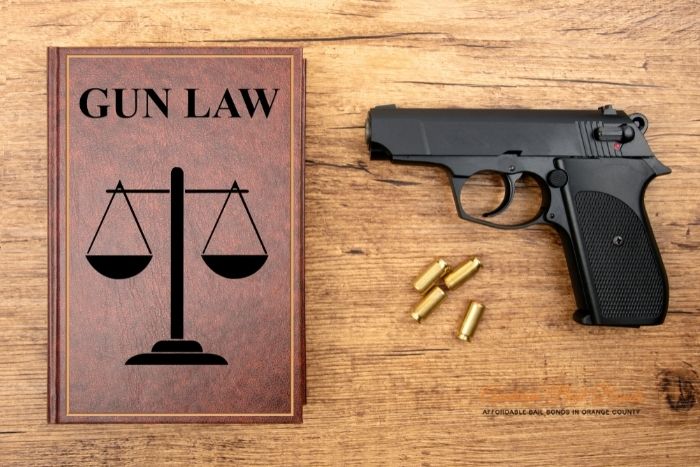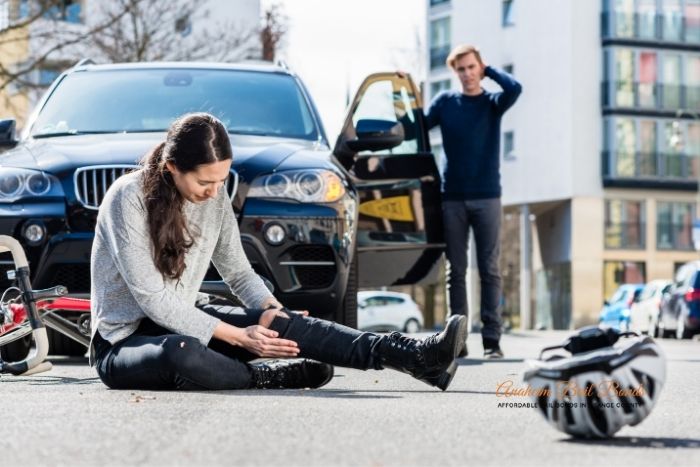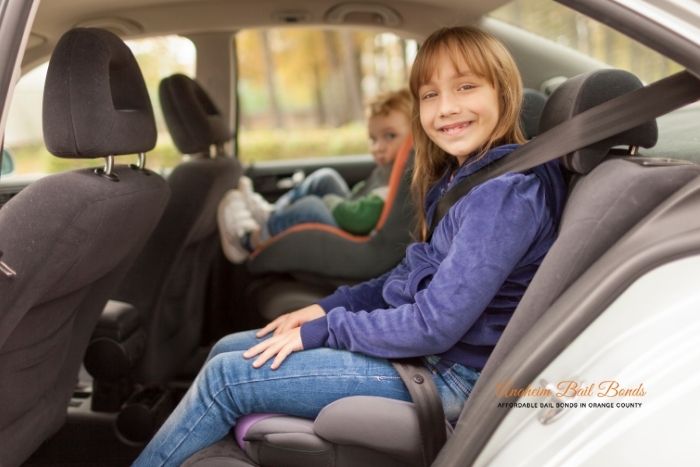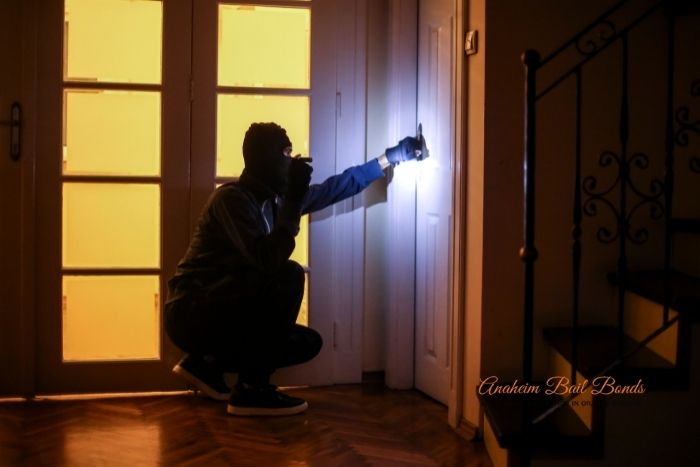Are DUI Checkpoints Legal in the State of California?
No one likes DUI checkpoints. Not only do they make many of us nervous, even when we haven’t been drinking. There’s just something about getting caught in a checkpoint and seeing a police officer walking towards us that tends to activate a guilt complex, they also drastically extend the length of time it takes you to get from Point A to Point B. As irritated as you might be that you were caught at a DUI checkpoint, you shouldn’t expect the state to stop using them anytime soon. The purpose of the checkpoints is to reduce the annual number of deaths and injuries that are the direct result of drunk driving incidents. As long as the checkpoints continue to catch drunk drivers, they will remain an issue you’ll have to deal with when driving in California. Many people have protested that DUI checkpoints are illegal, that they’re a form of entrapment. The issue has even made it all the way to both the California and Federal Supreme Courts, who ruled that the checkpoints were legal. There are some rules that they must follow when the highway patrol sets up a California DUI checkpoint. These rules include:- Arranging things so only the supervising officers are in charge of operational decisions;
- Establishing completely neutral criteria for drawing motorists into the checkpoint.
- Making sure the checkpoint is set up in a location where the supervising officers can reasonably expect drunk drivers to pass-through
- The checkpoint is safe and all safety protocol is being followed
- The is sufficient evidence that the checkpoint will catch some drunk drivers
- That the checkpoint is organized in such a way that each person is detained for as short a period of time as possible
- Roadblocks are used to publicly announce the presence of DUI checkpoint

